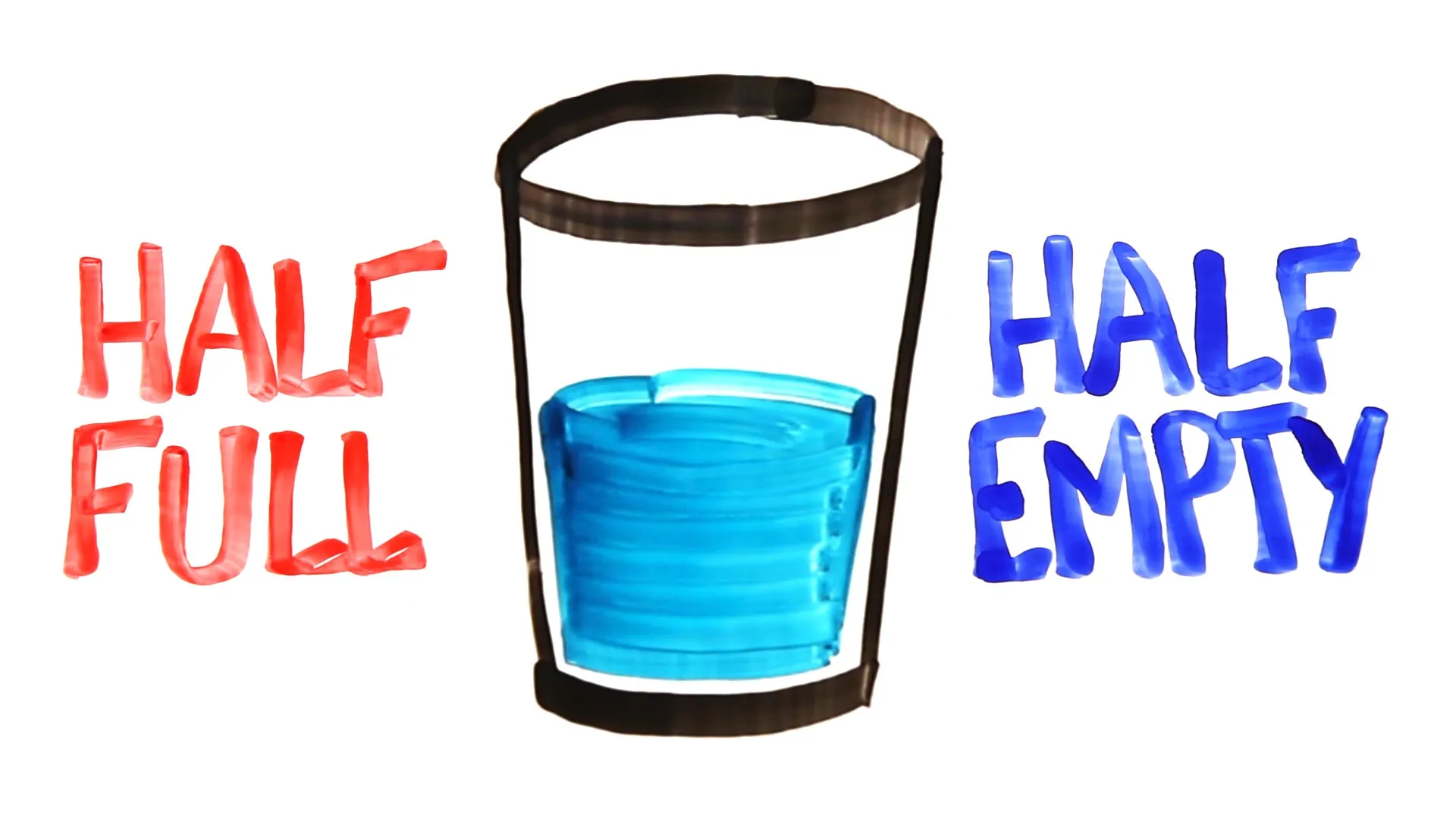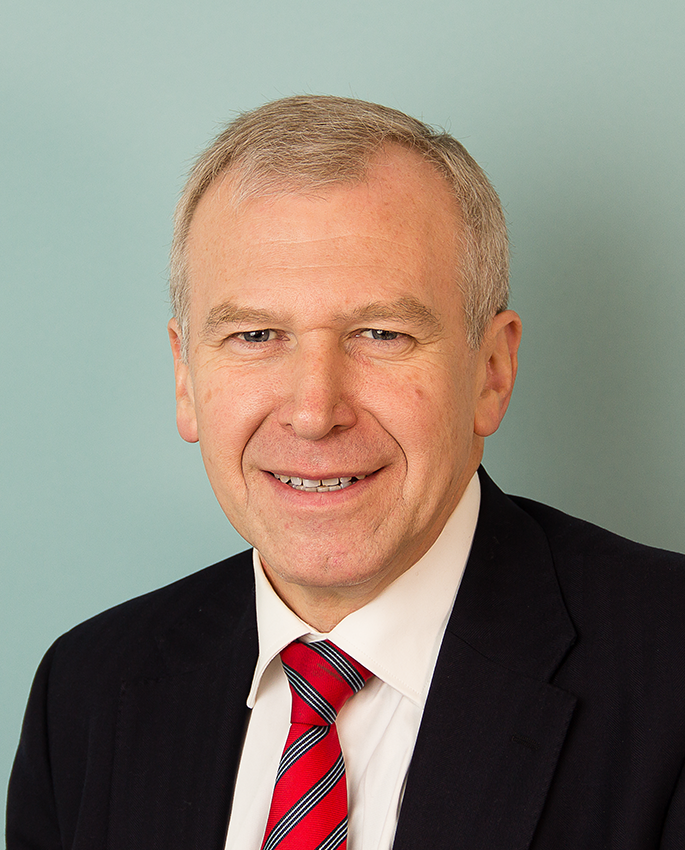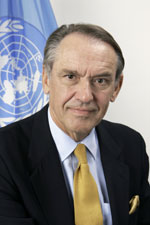Democracy – is the glass half full or half empty?

Disclaimer: Views expressed in this commentary are those of the staff member. This commentary is independent of specific national or political interests. Views expressed do not necessarily represent the institutional position of International IDEA, its Board of Advisers or its Council of Member States.
Democracy is at a critical juncture. After almost 40 years of considerable global progress, individual countries and regions are now facing serious threats and challenges to their democracy. International IDEA’s new report The Global State of Democracy reveals that the verdict on democracy is balanced on a precipice between hope and concern; depending on the chosen perspective – it can be half full or half empty.
Zooming out – the long term, global perspective
When seen from a global and long-term perspective the picture is optimistic, as democracy has shown remarkable signs of resilience. Data from International IDEA’s new Global State of Democracy Indices shows that the world has experienced continued and steep democratic progress since the mid-1970s in almost all aspects of democracy.
Today, a majority of the world’s population (62%) live in a democracy compared to only 39% in 1975.
The number of (electoral) democracies is higher than ever before; 68 % in 2016 compared to 30% in 1975. Elections have become more common and cleaner; with less fraud, manipulation and irregularities. Political parties are facing fewer barriers to organize and participate in elections. Women’s representation in parliament has doubled worldwide in the last twenty years.
Governments are now more representative of, and accountable to, their constituencies. More countries respect the fundamental rights of their citizens, and social rights and equality have seen significant improvements. Governments are more constrained by checks from parliaments, the judiciary, and the media.
The development of new technologies has created new opportunities for citizen engagement and access to information.
The adoption of the Sustainable Development Goals, in 2015, united 193 countries in the pursuit of more peaceful and inclusive societies, as well as effective, accountable and inclusive institutions at all levels.
Although merely a minor selection of democracy’s global advancements, these examples are in line with the analysis that global democracy has shown remarkable signs of resilience and progress.
Zooming in - the short-term, regional and national perspective
However, these positive developments are now increasingly being threatened by several critical challenges to democracy in individual countries and regions. Although International IDEA’s report doesn’t support the claim that democracy is in decline, it does indicate that democracy is at a crossroads.
International IDEA’s analysis has identified challenges related to the changing nature of political parties and representation, corruption, inequality, migration, democratic backsliding and post-conflict peacebuilding as the most pressing threats that need to be addressed.
Popular representation through political parties is challenged by the levels of disengagement, distrust, and disillusion towards established political actors. Traditional political parties are perceived as unable to recognize and address citizens’ needs, and are lacking policy control when faced with global challenges. The result is declining voter turnout and a decreased engagement in traditional political parties, especially among young people. This growing distrust and dissatisfaction also contributes to an increased support for extremist or populist parties.
Corruption levels have seen no significant improvements in the past 40 years, despite increased global efforts to tackle this problem. The nexus between politics and organized crime remain one of the most acute threats to democracy today. Corruption has a direct impact on the trust, legitimacy, and resilience of democratic institutions and processes. The increased influx of “big money” in politics is particularly concerning, as it can result in policy capture and the concentration of power in the hands of the wealthy few. Women, young people, and minority groups are particularly disadvantaged by these mechanisms. As a result, politics is increasingly seen as an option reserved only for the rich.
An unequal distribution of wealth and power has a significant detrimental effect on the quality of governance, since it limits effective service delivery and impedes social cohesion. It can also ignite social unrest and increase tensions between different groups within a society, potentially leading to violent conflict; as the world has witnessed in the Middle East and in Sub-Saharan Africa. Many of these conflicts have given rise to unprecedented numbers of migrants and refugees around the world, whose political and societal integration is a systemic challenge for democratic governments around the world.
Migration and immigration pose critical dilemmas for policy makers, especially since these are linked to cultural and political integration, wealth distribution, employment and citizenship. How well societies politically integrate immigrants is a key factor when assessing how migration affects democracies and how democratic systems can respond to these challenges with resilience. International IDEA’s analysis shows that countries which are inclusive in terms of the political integration of migrants tend to score high in the quality of their democracy.
Attempts of dismantling democracy from within, also known as “Modern” Democratic backsliding have also become more common. In the past ten years the world has witnessed an increased number of countries such as Venezuela, Turkey, and Hungary backslide through democratic means. Instead of coup d’états and electoral fraud, leaders with authoritarian tendencies are now increasing their power by manipulating the instruments of democracy in their favor. This results in extended term limits, the concentration of power in executive branches, decreased autonomy of the judiciary, and weakened opportunities for political opposition.
Post-conflict peacebuilding remains one of the pressing challenges for democratic development. Countries emerging from armed conflict face multiple obstacles for building sustainable peace and democracy. Steps taken in the immediate post-conflict period have a tremendous impact on a country’s ability to secure peace and build a stable democracy. Transitional, post-conflict periods present opportunities and challenges to build democratic institutions. If transition processes are inclusive, nationally owned, open, and democratic, the resulting democratic system will be more resilient. If people feel they have a stake in decision-making, they are more likely to respect the rules and stay politically engaged in the long-term
Need for action
In the last 40 years democracy has proven its ability to overcome a diverse set of challenges, and to prosper on a global level. However, this progress has not happened by chance, but has required the engagement and commitment of people around the world. As highlighted in The Global State of Democracy publication, and in line with the United Nation’s Sustainable Development Goal 16; stability, peace, development and effective, inclusive institutions can only be achieved if actors on all levels, local, national, regional, and international are involved.
Whichever your perspective on the state of democracy – half full or half empty, democracy doesn’t happen by chance. If democracy is to overcome current and future challenges, then we all need to do out part take responsibility to safeguard and strengthen it.
A version of this article originally appeared on SVT (in Swedish) entitled ”Demokratin i Sverige fortsatt stark – men den utmanas globalt”





